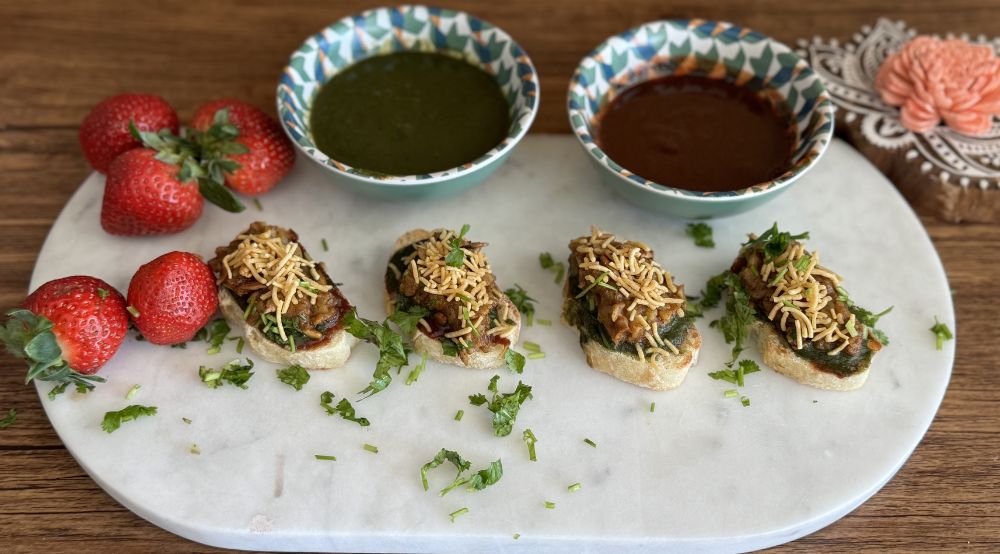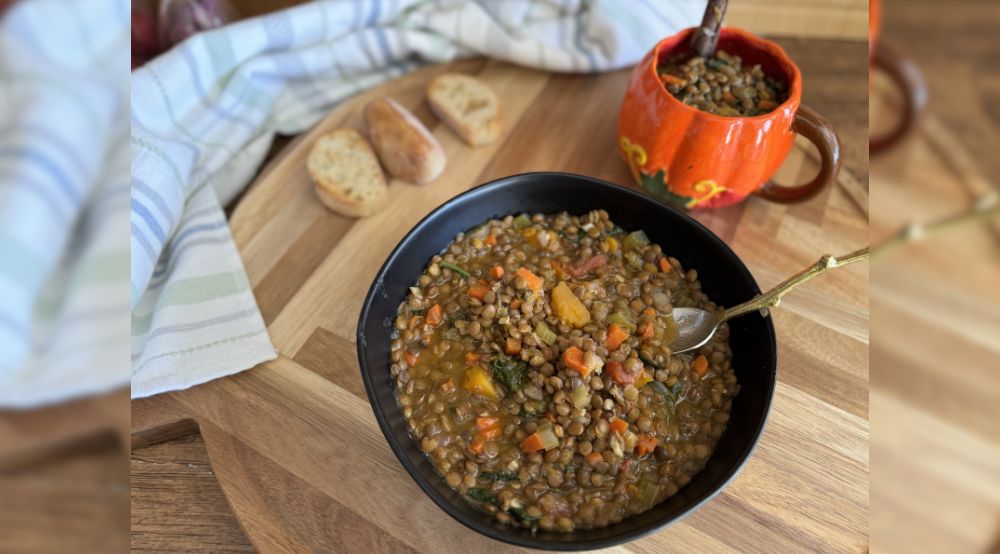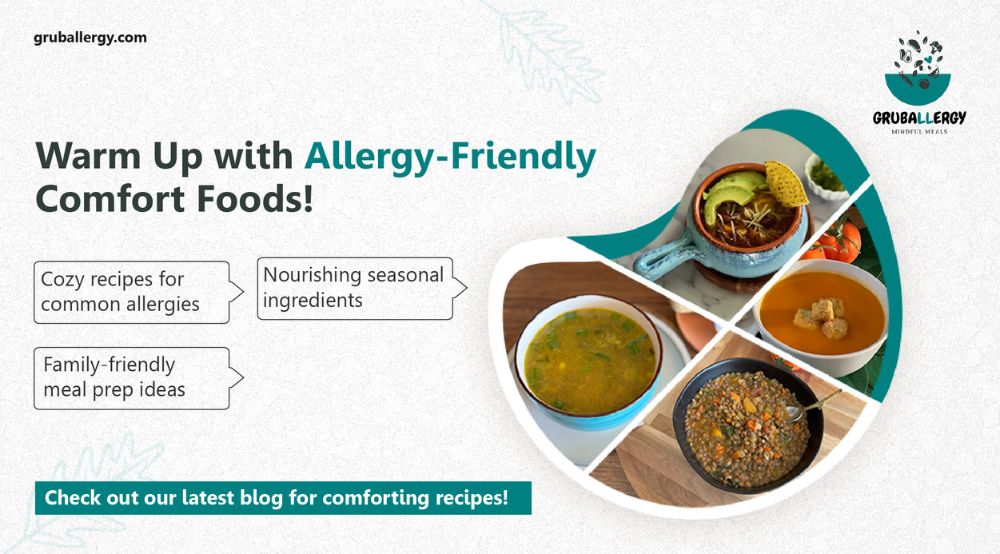As the global vegan movement continues to gain momentum, it’s essential to recognize that veganism takes on unique characteristics and faces distinct challenges in various cultural contexts around the world. While the core principle of veganism—avoiding animal products—is consistent, the way it’s practiced and integrated into traditional cuisines and lifestyles can differ significantly. In this blog, we’ll explore the diverse landscape of veganism in different cultures, shedding light on the opportunities and challenges encountered.
India: A Land of Rich Vegan Traditions
One of the most culturally rich regions for vegans is India. Here, vegetarianism has deep-rooted historical and religious significance. Veganism is often closely aligned with traditional Indian vegetarianism, as many plant-based dishes are staples of the cuisine. Dishes like dal (lentil soup), aloo gobi (potato and cauliflower curry), and chana masala (chickpea curry) are not only delicious but also inherently vegan. However, vegans visiting or residing in India may face challenges with ghee (clarified butter) and paneer (Indian cheese) often found in dishes, as they are common ingredients. But, it’s entirely possible to enjoy a vibrant vegan lifestyle in India by making slight modifications to classic recipes.
Japan: The Zen of Vegan Cuisine
Japanese cuisine offers a wealth of vegan opportunities, with a strong focus on fresh vegetables, tofu, and seaweed. Dishes like miso soup, vegetable tempura, and agedashi tofu are inherently vegan. However, dashi (a stock made from fish) is a prevalent ingredient in Japanese cooking. Vegans must be vigilant to ensure dashi is not used when dining out. Still, Japan provides a unique opportunity for vegans to explore a plant-based culinary tradition that has been practiced for centuries.
Ethiopia: A Vegan Haven
Ethiopian cuisine offers a haven for vegans. Injera, a sourdough flatbread, is the staple of Ethiopian meals, and it’s naturally vegan. The country’s rich tradition of stews and curries, such as lentil wat and shiro, offers an array of flavorful vegan options. Ethiopian restaurants worldwide cater to vegans, making it a cuisine to explore with enthusiasm.
Mediterranean Delights
The Mediterranean region offers a mixed bag for vegans. While olive oil, fresh vegetables, and grains are abundant and vegan-friendly, many Mediterranean dishes contain dairy or seafood. Vegans in these cultures often find themselves enjoying hummus, falafel, tabbouleh, and various vegetable-based dishes. The challenge lies in avoiding feta cheese and yoghurt-based sauces. Still, with awareness and adaptation, the Mediterranean diet can be a treasure trove of vegan delights.
China: A Mix of Vegan and Non-Vegan
Chinese cuisine can be both a boon and a challenge for vegans. The use of tofu, mushrooms, and a plethora of vegetables makes it easy to find vegan options. However, many Chinese dishes contain hidden animal-derived ingredients or sauces, so clear communication with the restaurant staff is crucial. Chinese Buddhists have a long history of vegetarianism, providing a source of vegan inspiration within the culture.
In conclusion, being vegan in different cultures can be a fascinating journey. While each culture presents its unique set of challenges, it also offers incredible opportunities to explore diverse and delicious plant-based dishes. By being mindful of local ingredients and traditions, and with some adaptability, vegans can savor the richness of global cuisine. These cultural experiences highlight the beauty of veganism as it bridges the gap between ethics, health, and the global community, encouraging the world to embrace compassionate choices, one plate at a time.
You may also like
Leave a Reply

Get a free consultation with GrubAllergy.
Share your child's food allergy history, and let us guide you with expert advice on managing and navigating food allergies with confidence.









